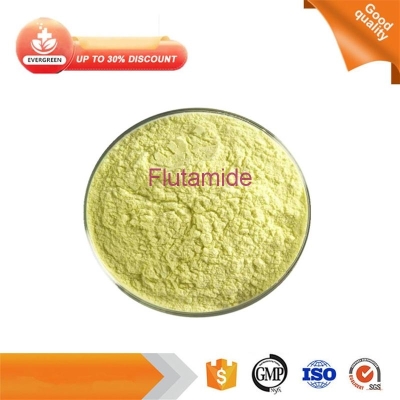-
Categories
-
Pharmaceutical Intermediates
-
Active Pharmaceutical Ingredients
-
Food Additives
- Industrial Coatings
- Agrochemicals
- Dyes and Pigments
- Surfactant
- Flavors and Fragrances
- Chemical Reagents
- Catalyst and Auxiliary
- Natural Products
- Inorganic Chemistry
-
Organic Chemistry
-
Biochemical Engineering
- Analytical Chemistry
- Cosmetic Ingredient
-
Pharmaceutical Intermediates
Promotion
ECHEMI Mall
Wholesale
Weekly Price
Exhibition
News
-
Trade Service
Materials with the activity of lysing cell membranes can induce the " kiss of death " to tumor cells and overcome the problems of tumor cell heterogeneity and drug resistance
.
However, these materials are highly toxic to normal tissues and cells, and can only be administered clinically by intratumoral injection
Materials with the activity of lysing cell membranes can induce the " kiss of death " to tumor cells and overcome the problems of tumor cell heterogeneity and drug resistance
Researchers often exploit the vast differences in cell membrane structure and composition between pathogenic microorganisms and mammalian cells, as well as the marked differences in the post- infection microenvironment from normal tissues, to modulate amphipathic balance or design materials that are responsive to the infection microenvironment.
On March 25 , 2022 , the team of Professor Wang Jun and Professor Xiong Menghua from the School of Biomedical Science and Engineering of South China University of Technology and the National Human Tissue Reconstruction Engineering Technology Research Center, together with Associate Researcher Bao Yan of Sun Yat-sen Memorial Hospital of Sun Yat-sen University, Xiao Xiao of University of Science and Technology of China In collaboration with Associate Professor Shi Yan, a research paper titled: A transistor-like pH-sensitive nanodetergent for selective cancer therapy was published inNatureNanotechnology, a sub-journal of Nature .
This study utilizes the small pH difference between tumor tissue and normal tissue to achieve highly precise regulation of the material's membrane cleavage activity
The material P(C6-Bn20)obtained by the research team through a large number of screening can achieve >32 -fold increase in toxicity to tumor cells under a pH change of 0.
1 , and has shown strong anti-tumor effects in a variety of animal tumor models; The material was well tolerated by mice, and no significant hepatorenal toxicity was observed at a dose of 50 mg/Kg .The material P(C6-Bn20)obtained by the research team through a large number of screening can achieve >32 -fold increase in toxicity to tumor cells under a pH change of 0.
1 , and has shown strong anti-tumor effects in a variety of animal tumor models; The material was well tolerated by mice, and no significant hepatorenal toxicity was observed at a dose of 50 mg/Kg .
The design of pTNT realizes the precise control of the function of membrane cleavage active materials under a pH change of 0.
1 , which provides new strategies and ideas for the treatment of tumors and even drug-resistant tumors .The design of pTNT realizes the precise control of the function of membrane cleavage active materials under a pH change of 0.
1 , which provides new strategies and ideas for the treatment of tumors and even drug-resistant tumors .
Postdoctoral fellow Liu Mingdong, Master Huang Liangqi and Dr Zhang Weinan of South China University of Technology are the co-first authors of the paper, Professor Wang Jun, Professor Xiong Menghua, School of Biomedical Science and Engineering, South China University of Technology, National Human Tissue Reconstruction Engineering Technology Research Center, Sun Yat-sen Memorial of Sun Yat-Sen University Bao Yan, associate researcher of the hospital, and Xiao Shiyan, associate professor of the University of Science and Technology of China, are the co-corresponding authors of the paper
Paper link:
A transistor-like pH-sensitive nanodetergent for selective cancer therapy .
nature nanotechnology.







